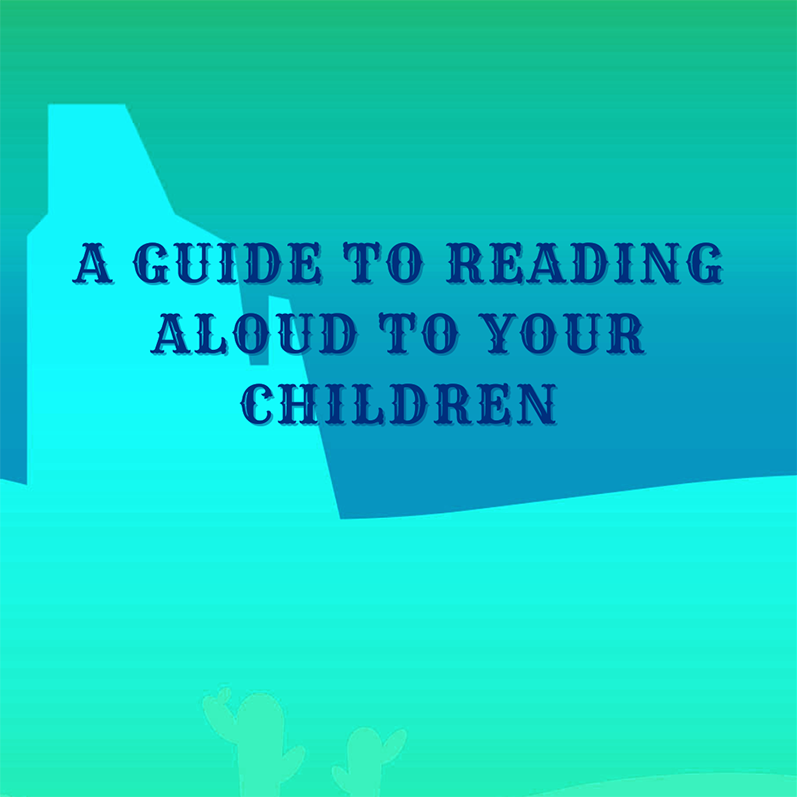A Parent’s Guide to Reading Aloud to Your Children
Reading Aloud
As a parent, you have the opportunity to instill a love of reading in your child from a young age. Reading aloud to your child has many benefits, including building bonds, increasing academic skills, addressing tough topics, and many more.
This blog post will explore why you should be reading aloud to your child and how to create a fun and enriching experience for both of you. We’ll also even answer some frequently asked questions.
So, without further ado, let’s get started!
For Enjoyment
Reading aloud is used as an enjoyable way to increase your child’s interest and engagement with reading. When you are reading for enjoyment, let your child pick the book. This will help them stay engaged in the story and create anticipation and excitement. Read aloud at a comfortable pace that’s not too fast for your youngster to take in the story. Make sure to use inflection and emotion and be a little dramatic. That will make the experience even better! Take your time and enjoy it yourself!
For academic Success
When you’re reading to help your child with academics, such as preparing for kindergarten or building reading skills, there are different techniques you can use. Find a book slightly above their level but not too challenging. This will help them expand their vocabulary and learn new concepts. Reading should still be enjoyable, so make sure to use the same strategies as you would for reading for enjoyment.
Other ways to help your child academically include
- Asking questions as you read and having your child answer them.
- Stopping every few paragraphs to summarize what has happened in the story.
- Discuss the theme or moral of the story after you’ve finished reading.
- Encouraging your child to read along with you.
- Taking turns reading.
You can also use books as an opportunity to introduce new vocabulary words in a context that they will understand.
If you take the time to make the read-aloud fun and informational, you’ll be shocked at how some of those “tough” academic topics will seem more manageable for your child. Reading aloud can stimulate the imagination, as well as the logical and analytical areas of the brain.
Family Time
Reading aloud as a family can be a great way to create memorable family times and have fun without the TV or video games! You can make a game of reading a passage and having someone guess the longest word or spell the longest word they heard. Also, try taking turns reading pages, or have one person read and another person summarizes what happened. Afterward, discuss the book or the chapter as a family and ask questions about the story. This is also an excellent opportunity for teachable moments! Get Mom, Dad, brother, and sister all involved!
Social Skills
Many social skills can be learned by listening to stories. When reading aloud, talk about the characters’ emotions and why they may feel that way. This will help your child understand empathy. Also, stories can provide excellent examples of how to handle different types of situations. If you encounter a situation in the book that your child has experienced, use it as an opportunity to talk about what the character did and why it was or wasn’t the best choice.


Life Skills and Situational Issues
Stories can provide a safe way for you and your child to explore difficult topics such as bullying, loss, or illness. Start by finding books that deal with these topics in an age-appropriate way. Read them together, and afterward, talk about any feelings that came up for either of you. This is an excellent opportunity for open communication between you and your child.
If your child is dealing with a specific issue, such as being bullied at school, help them to find coping mechanisms that work for them. You might consider different role-playing scenarios with them, so they feel more prepared to handle the situation. It could also mean teaching them some basic self-defense moves. Whatever you do, ensure your child knows they can always come to you with any problems.
It’s important to remember that stories are just one way to approach complex topics with your child. You can also talk about these things directly or find other resources that might be helpful. Whatever you do, ensure your child feels comfortable talking to you about anything in their life.
Frequently Asked Questions
How long should I read aloud to my child?
You can read for as long or as short as time allows, but try to make it a regular part of your routine. Even 10-15 minutes a day can make a big difference!
When should I start reading aloud to my child?
You can start reading aloud to your child as early as you like! Many parents start reading to their babies even before they are born.
What if my child doesn't want to listen to me read?
If your child doesn’t seem interested in listening to you read, try picking another book and ask them to choose. You can also try reading with different voices for different characters or acting out story parts. If all else fails, take a break and try again another day.
What if I don't think I'm a good reader?
That’s okay! Just do your best and have fun with it. Your child will still enjoy the time spent with you, even if your reading isn’t perfect.
What if my child won't sit still?
If your child is having trouble sitting still, try reading a shorter book or taking breaks between chapters. You can also try standing up and walking around while you read. Whatever you do, don’t force your child to sit still if they’re not comfortable. Just let them know they can listen from wherever they are satisfied.


